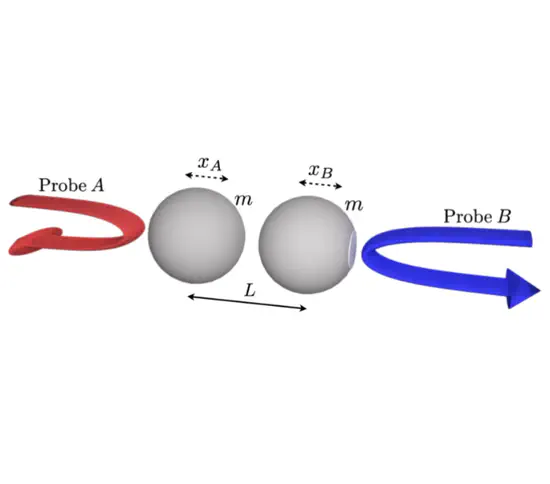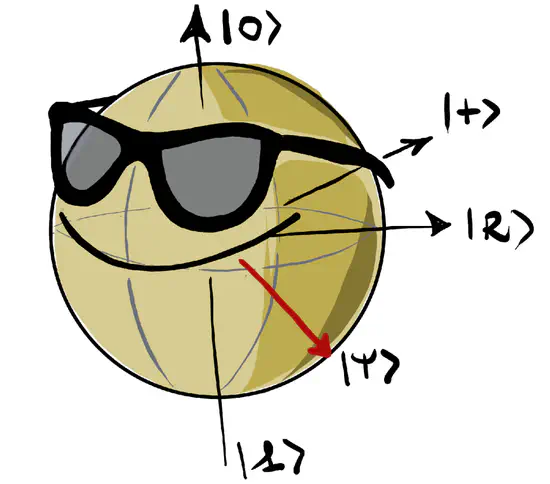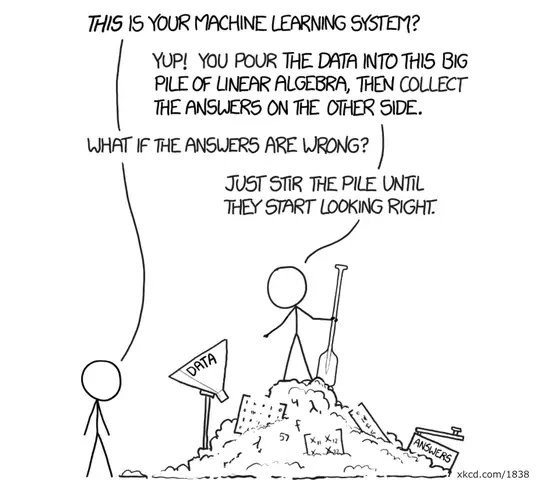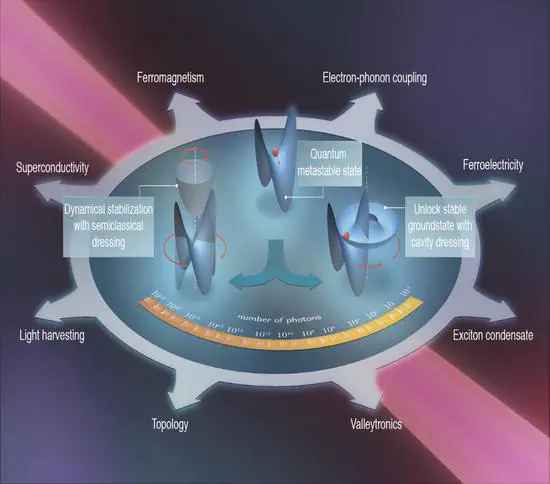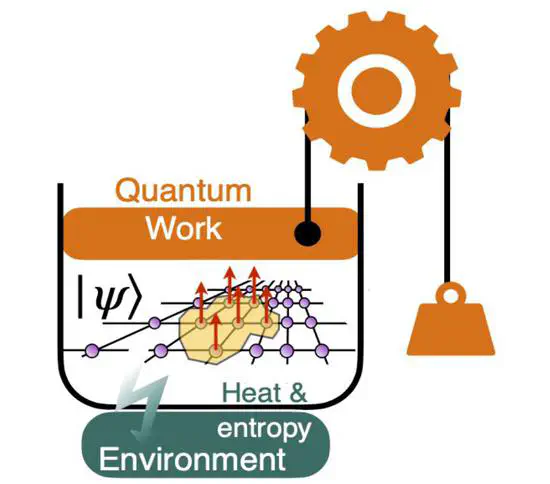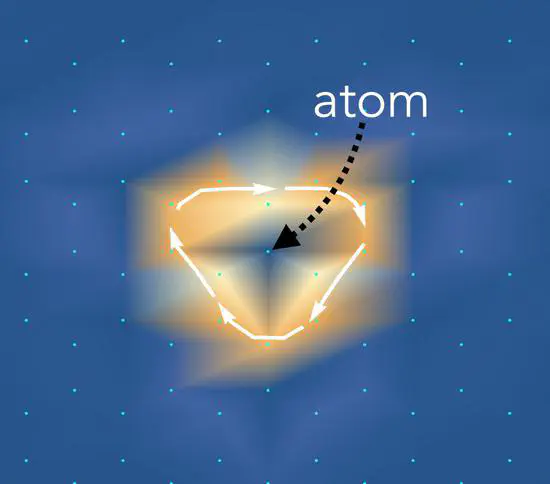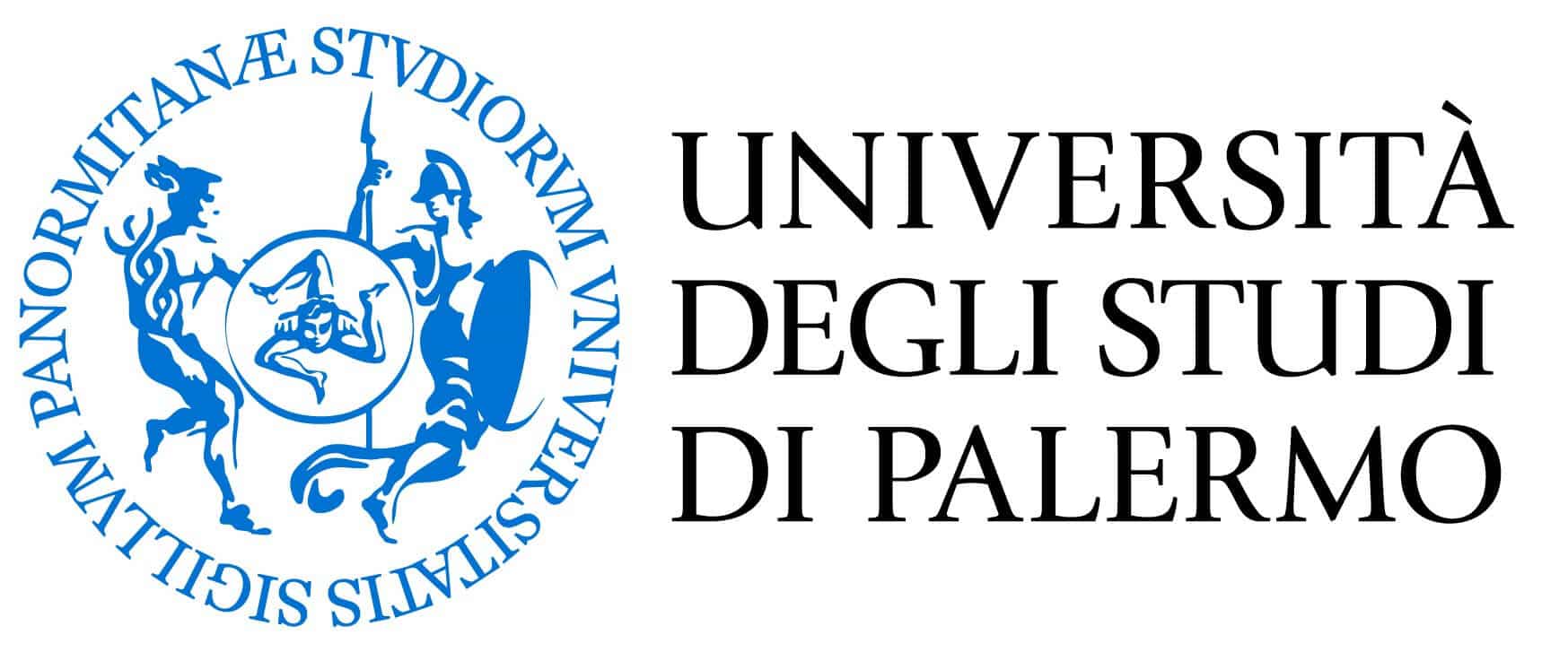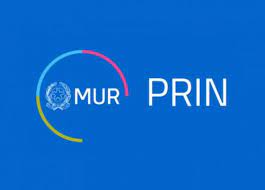Quantum Theory Group in Palermo
We are a large team, based in the Department of Physics and Chemistry at University of Palermo, exploring the theory of quantum systems and processes.
We address frontier questions in the engineering, control, characterisation and exploitations of quantum states and resources. The expertise of the members of our group spans a large range of topics, from Quantum Optics to Condensed Matter and Statistical Physics, from Quantum Information Processing to Open System Dynamics and Artificial Intelligence. We also enjoy exploring the intricacies of the foundations of quantum mechanics from an information theoretic standpoint.
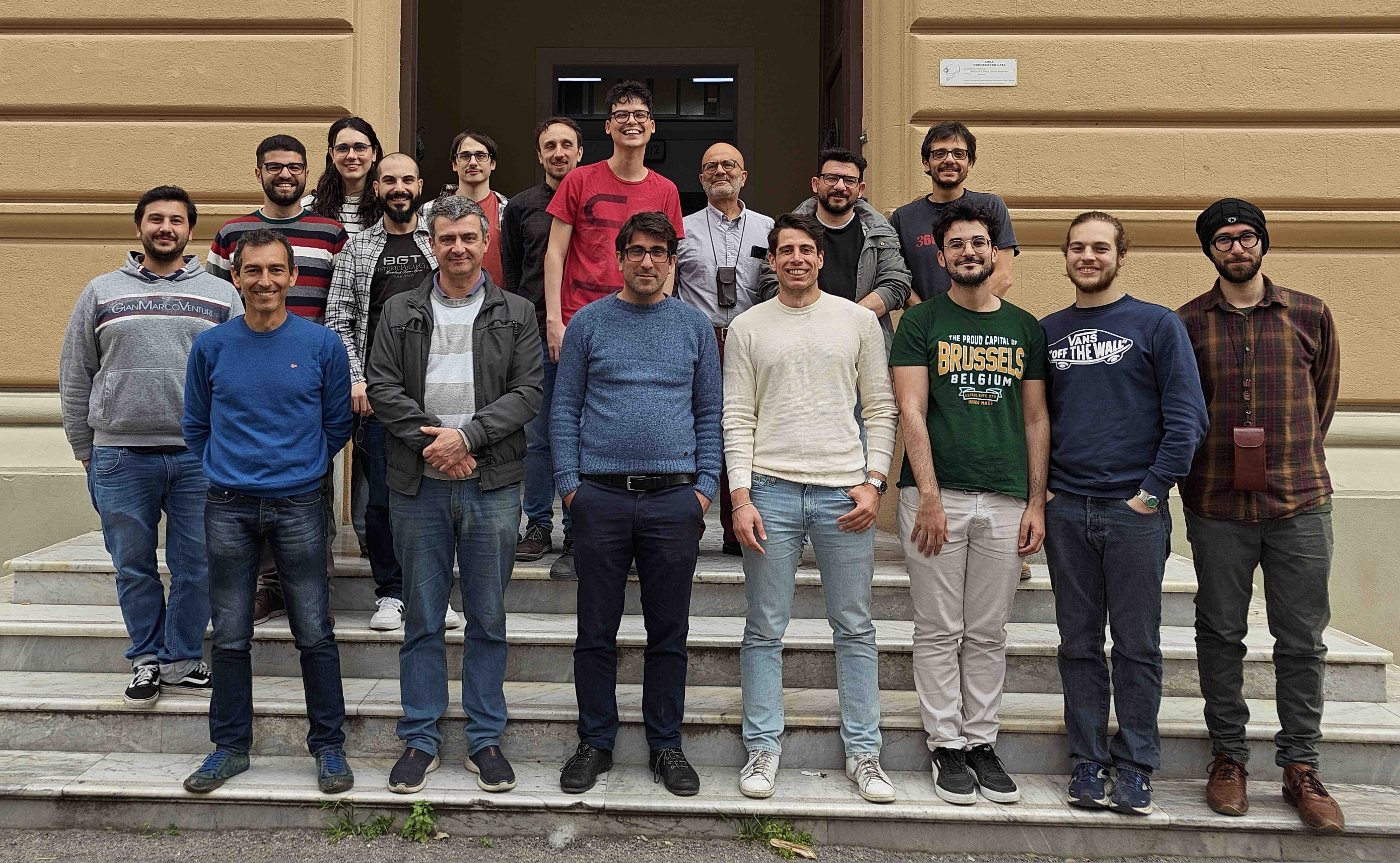
A key aim of our research is the development of theoretical frameworks of prompt experimental translation to understand the interplay between quantum resources, non-equilibrium physics, and control.
While pursuing these goals, we interact with some of the leading experimental teams addressing photonics, optomechanics, cold atom, and semiconductor-based platforms. Get in touch with us if you are interested in our research and to explore potentials for collaborations!




